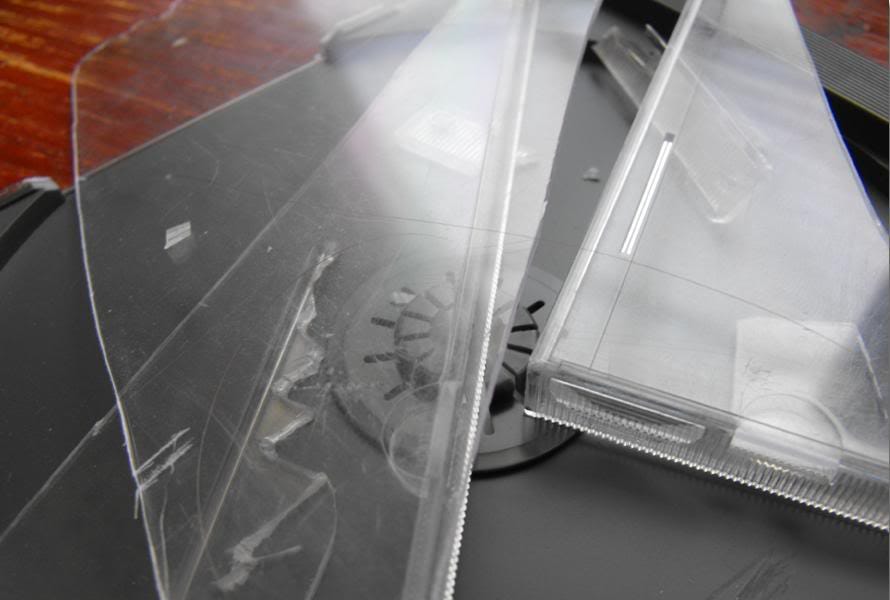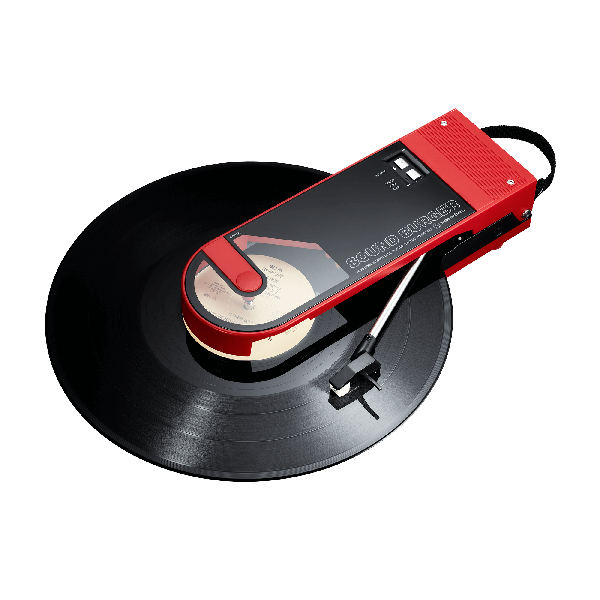Perhaps I am whizzing into the wind, but I’m going to try to stay on topic: “starting with turntables.” We certainly have other threads that plumb the “vices” of vinyl production and playback and the supposed “virtues” of digital.
For a newbie who wants to select a new turntable that does not have a cartridge included (not my recommendation, but it could happen) - what to do?
Buy a turntable with an “S” curve tonearm and a detachable headshell. Why not a straight tonearm? They are generally harder to align with a cartridge than a S curve. The alignment with a S curve generally requires just that you measure the distance from the end of the headshell to the stylus tip. A straight tonearm will often require a turntable protractor to get the alignment geometry correct. It is more complex to pull off, but not rocket science. It’s not the best newbie experience, though. Detachable headshells make the distance measurement on a S-curve tonearm much easier and also makes installation of the cartridge itself simpler.
Select a quality MM cartridge. A quality entry level cartridge will have a replaceable diamond stylus and an aluminum cantilever, not carbon fiber. Make sure that you can actually find replacement styli online before you buy the cartridge. I’d recommend an elliptical stylus versus a conical (aka spherical) stylus, but conicals tend to be less expensive even if they use the same cartridge body as an elliptical. If buying a conical, look for ones where you can upgrade to elliptical with a simple stylus change. The best of the entry level cartridges mostly will be between US$100 and $150, so budget appropriately. I’d recommend avoiding “exotic” styli like fine line, Shibata or microline, for now. They often can be more finicky in alignment (and vertical tracking angle) to get their best sound compared to a conical or elliptical. My go-to recommendation is the Nagaoka MP-110; I don’t recall anyone finding it to be objectionable and many see it as a long-term preference.
Get a stylus pressure gauge. Also known as a VTF scale or stylus force scale. You cannot rely on the graduated markings on the tonearm weight for a correct stylus force setting. An accurate stylus pressure gauge can be had for less than US$20 and will prevent you from damaging your records with too much down force. Consult the cartridge manufacturer’s specs on the right setting.
Be careful of buying a P-mount cartridge. It’s a special type of cartridge that is not widely used anymore. Though, for an older turntable with a P-mount, changing carts is literally plug-and-play with no alignment required.
Match the phono preamp to the cartridge. The OP had a phonostage in their integrated amp, so this was not an issue. Some new turntables have integrated phonos, but low cost turntables often skimp in quality here. If you need to buy a separate phono, look for one that is in the US$100 - $200 range that focuses on MM performance. Amir has tested several good ones like the Schiit Mani 2, U-turn Pluto 2 and Cambridge Audio Solo. I’d recommend the
Classic Audio Spartan 5 at the high end of the newbie price range. Don’t spend more than twice your initial cartridge price on your initial phono - keep them in the same range. Your phono tastes may change with cartridge preferences, so make this an easy item item to replace later.
There could be other tips I have overlooked, but this will get a newbie started. As you can plainly see, this is a lot more involved than just buying a turntable with a cartridge pre-installed!




